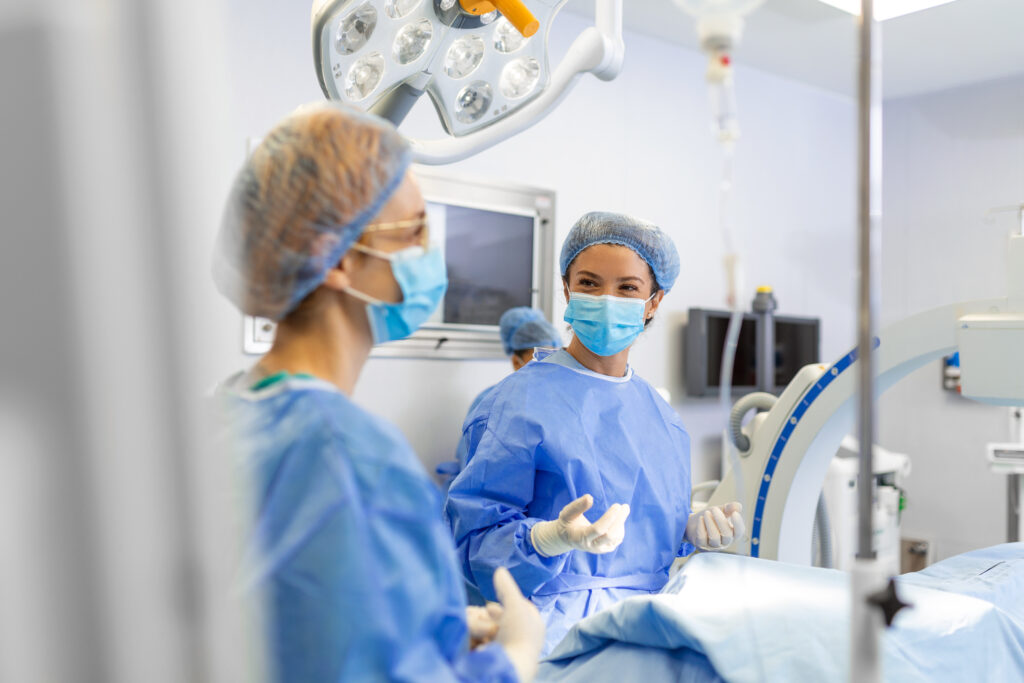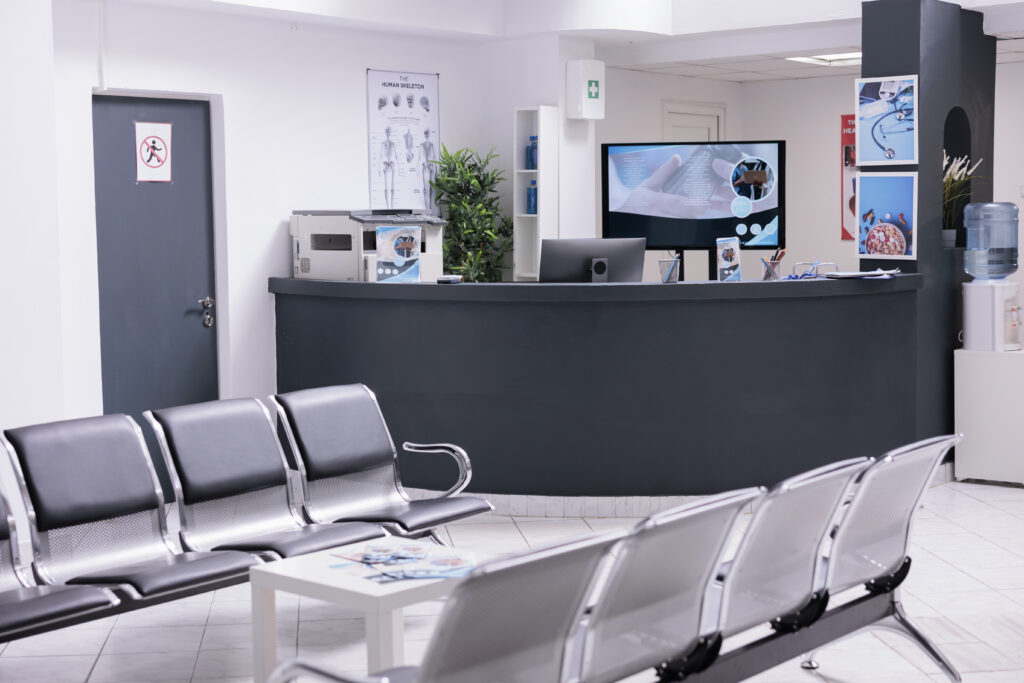For medical tourists considering a hair transplant abroad, concerns about hygiene and patient safety are often top of mind. In Turkey, leading clinics have turned these concerns into core strengths—adopting stringent sterilization protocols, complying with national and international standards, and consistently prioritizing patient well-being throughout the surgical journey.
With thousands of procedures performed weekly across the country, Turkish clinics maintain exceptionally low complication rates thanks to a deep institutional focus on safety.
1. Ministry of Health Regulations and Licensing
Hair transplant clinics in Turkey operate under the regulation of the Republic of Turkey Ministry of Health. In order to be licensed:
- Procedures must be performed or supervised by a medical doctor (MD)
- Clinics must have sterile operating rooms and emergency response equipment
- Routine inspections ensure compliance with hygiene, documentation, and medical waste disposal laws
- Unauthorized “beauty salons” or technician-run operations are strictly prohibited
Clinics that fail to meet these standards risk license suspension or revocation.
Source: Turkish Ministry of Health – Medical Tourism Regulation Guide, 2023
2. Use of Sterile, Single-Use Equipment
Top-tier clinics follow international best practices by using:
- Single-use, sterile instruments for each patient (e.g., punch blades, forceps, implanter pens)
- Individually packaged surgical kits
- Separate rooms for each patient to minimize cross-contamination
- Disposable gowns, gloves, masks, and drapes for the entire surgical team
This eliminates the risk of transmitting infections between patients—a standard reinforced after the COVID-19 pandemic.
3. Infection Control and Disinfection Protocols
Clinics follow rigorous infection control policies, including:
- Daily UV sterilization of operating rooms
- Use of hospital-grade disinfectants before and after each procedure
- Strict hand hygiene protocols for all staff
- Air filtration systems in enclosed procedure rooms
Surfaces are disinfected before and after every session, and surgical teams are trained to maintain sterile fields throughout the operation.
4. Staff Training and Emergency Preparedness
Qualified clinics employ staff with:
- Basic and advanced life support (BLS/ALS) certifications
- Regular hygiene and infection control training
- Clear knowledge of emergency procedures such as anaphylaxis response, airway obstruction, or syncope
Though hair transplant is considered minimally invasive, clinics remain prepared for rare complications like allergic reactions or vasovagal episodes.
Source: European Centre for Disease Prevention and Control (ECDC) Guidelines, 2021
5. Pre-operative Screening and Risk Assessment
Before surgery, patients typically undergo a pre-op evaluation, including:
- Blood tests (e.g., HIV, Hepatitis B/C, complete blood count)
- Medical history review (allergies, chronic illnesses, medications)
- Scalp condition analysis
- COVID-19 protocols if required by current health regulations
This ensures that only suitable candidates proceed, minimizing surgical risks.
6. Post-operative Care and Monitoring
Hygiene does not end after surgery. Patients receive:
- Sterile aftercare kits (including shampoo, gauze, and antiseptics)
- Clear instructions on how to wash and care for the scalp
- Oral antibiotics or anti-inflammatories, where necessary
- 24/7 support via WhatsApp or patient portal during recovery
Some clinics also schedule free follow-up visits or video calls to monitor healing progress.
7. International Standards and Accreditation
Clinics that hold international accreditations (JCI, ISO 9001) must meet even stricter hygiene benchmarks. These include:
- Documented sterilization logs
- Staff sanitation audits
- Waste management compliance
- Routine reporting on patient outcomes and infection rates
Source: Joint Commission International Standards for Ambulatory Care, 7th Edition
8. COVID-19 and Evolving Safety Protocols
The COVID-19 pandemic pushed clinics to adopt even higher hygiene standards, many of which remain in place today:
- HEPA air filtration systems in operating rooms
- Pre-arrival health declarations and temperature checks
- Enhanced disinfection of transport vehicles and waiting areas
- Extended intervals between surgeries to allow thorough cleaning
These protocols reassured international patients and contributed to Turkey’s resilience during the pandemic’s impact on global medical tourism.
Conclusion
Turkey’s top clinics go far beyond the minimum when it comes to hygiene and patient safety. Backed by government regulations, international standards, and a patient-first culture, they deliver care that is not only effective but medically responsible. For patients concerned about sterility and post-op risks, Turkish clinics offer a safe, clean, and professionally managed environment for hair restoration.


